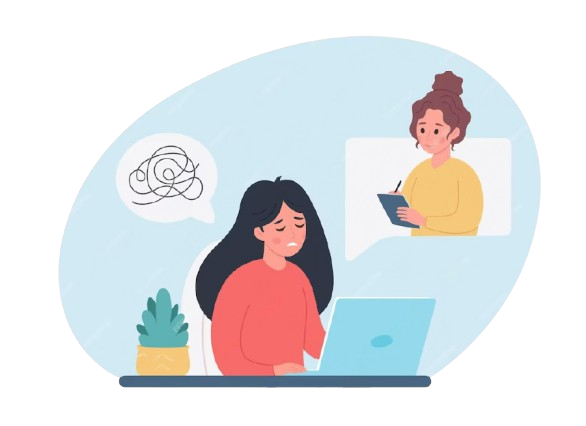Transforming Relationships: The Journey of Couple Therapy

In today’s fast-paced and high-stress world, maintaining healthy and fulfilling relationships can be a challenge. Whether you are a newlywed couple struggling to adjust to marriage life or a long-term couple facing communication issues, couple therapy can be a powerful tool to help you maneuver through your relationship’s ups and downs.
What is Couple Therapy?
Couple therapy, also known as couples counseling or marriage therapy, is a type of psychotherapy that helps couples improve their communication, resolve conflicts, and strengthen their emotional connection. A trained therapist provides a safe and supportive space for couples to explore their thoughts and feelings, identify unhealthy patterns, and develop healthier ways of relating to each other.
The Benefits of Couple Therapy
-
Improved Communication: Couple therapy teaches couples effective communication skills, helping them express their thoughts and emotions in a healthy and productive way.
-
Conflict Resolution: Through therapy, couples learn how to resolve conflicts and disagreements in a constructive manner, avoiding the buildup of resentment and animosity.
-
Strengthened Emotional Connection: Couple therapy helps couples reconnect on an emotional level, fostering trust, intimacy, and mutual understanding.
-
Enhanced Problem-Solving Skills: Therapy equips couples with practical tools and strategies to navigate challenges and overcome obstacles together.
-
Greater Relationship Satisfaction: By addressing underlying issues and working towards common goals, couples often experience increased satisfaction and fulfillment in their relationship.
The Journey of Couple Therapy
The journey of couple therapy typically begins with an initial assessment, where the therapist gathers information about the couple’s relationship history, current challenges, and goals for therapy. Together, the couple and therapist set clear objectives and develop a customized treatment plan tailored to their specific needs and circumstances.
During therapy sessions, couples engage in honest and open conversations, explore underlying dynamics, and practice new skills and behaviors. The therapist provides guidance, feedback, and support, helping the couple gain insights, build resilience, and make positive changes in their relationship.
As the therapy progresses, couples may experience breakthroughs, aha moments, and transformative shifts in their perspectives and interactions. They learn to let go of defensiveness, blame, and destructive patterns, and instead cultivate empathy, compassion, and solutions-oriented thinking.
Therapy Online: A Modern Approach
In today’s digital age, couple therapy is increasingly being offered online, providing couples with greater convenience, flexibility, and accessibility. Therapy Online allows couples to attend sessions from the comfort of their own home, eliminating travel time and logistical challenges.
Through secure video conferencing platforms, couples can connect with a licensed therapist in real-time, receive expert guidance and support, and engage in meaningful conversations and exercises. Online therapy offers a safe and confidential space for couples to work on their relationship without the constraints of a traditional office setting.
Conclusion: A Journey Worth Taking
Transforming relationships through couple therapy is a journey that requires courage, commitment, and openness. By embarking on this transformative process, couples have the opportunity to deepen their connection, resolve conflicts, and create a more fulfilling and sustainable partnership.
If you and your partner are facing challenges in your relationship, consider reaching out to a qualified therapist who specializes in couple therapy. Together, you can embark on a journey of growth, healing, and transformation, paving the way for a happier and healthier relationship.
Remember to make use of contractions, idioms, transitional phrases, interjections, and colloquialisms to create a more engaging and reader-friendly article. This will help readers connect with the content on a more personal level and enhance their overall reading experience.



